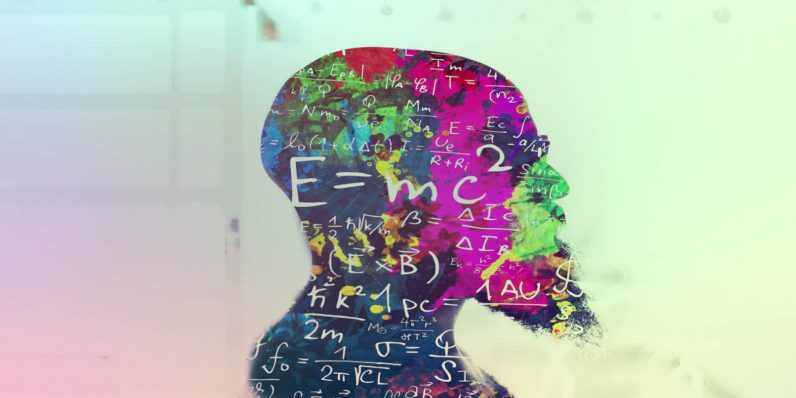Here’s what quantum computing is and why it matters

Researchers for IBM, Google, Intel, and others are in a fantastic scientific arms race to build a commercially viable quantum computer. They already exist in laboratories, and we’re only a few years away from the beginning of what may turn out to be an entire shift in how we think about computing.
A typical computer, like the one inside the phone or laptop you’re reading this on, is a binary system, basically a yes/no device. The most amazing thing about computer programmers is how they can take something as basic and simple as a computer chip and spit out something like Microsoft Office by creating a series of “if this, then that” scenarios. This showcases how useful the computer is as a tool for humans to accomplish tasks.
The quantum computer
The quantum computer, however, is an entirely difference concept – the reason it’s quantum is that it doesn’t use binary logic. By its nature a quantum computer is a yes/no/both device. When a developer makes a logic choice they aren’t limited by “if this then that,” they can also ask “if this, then that — or both” and that makes all the difference in the world.
There are several instances where a binary computer can’t feasibly solve a problem the way we’d like to. When asked to solve a problem where every answer is equally likely, a binary computer has to take the time to individually assess each possibility. Quantum computers can assess more than one probability at a time, through something called “quantum entanglement.”
Quantum Entanglement
When two particles become entangled a phenomena occurs where anything that happens to one of these particles happens to the other. Einstein called this “spooky action at a distance,” and he was spot-on. A lion’s share of the research that’s been done in quantum computing since the 1980s has been focused on figuring out how to use quantum entanglement to our advantage.
The quantum internet of the future is also being built right now, with Chinese researchers making amazing strides in quantum communications.
A quantum internet would be unhackable as there’s no transmission of data. Of course storage vulnerabilities will still exist, but by then our security will be handled by AI anyway. The weird and wonderful phenomena of entanglement means you can stick data in one side and it pops out the other like teleportation. There’s nothing swirling through the ether; whatever happens to one entangled particle instantly happens to another.
The future
The technology is here already, but there are numerous challenges to overcome on the way to full-scale implementation. First, the quantum computing we’re capable of is still a bit behind the binary computing we’ve mastered. We also need to overcome physical concerns such as the fact that, in the IBM lab for example, the processors need to be kept at perfect-zero temperatures within hundredths of a degree.
Despite several incredible problems the outlook is very bright. Recent breakthroughs include the first ever space-based video call secured by quantum encryption.
The video call connected a Chinese scientist in Beijing with an Austrian scientist in Vienna. The distance between the two was over 4,000 miles. The communication was sent to a satellite in space then beamed back down to earth. Scientists have chosen to investigate the quantum network this way due to issues of signal loss through traditional methods of sending photons like fiber-optic cables.
These quantum encrypted communications would be impossible to hack using a binary computer. On the flip-side the successful completion of a commercially viable quantum computer may signal the end of binary-based encryption systems. Theoretically, a quantum computer could crack 128-bit encryption almost instantly given the same resources for computing power as any binary system, for example.
Perhaps the best way to look at the change that quantum computing represents is to compare it to binary computing in the exact same way you would compare the iPhone X’s capabilities with those of a Timex calculator watch from the 1980s.
Comments
Post a Comment